AVPA the Agency for the Valuation of Agricultural Products headquartered in Paris, France is a non-governmental, non-profit organization, mainly composed of producers and taste enthusiasts. In 2021 AVPA awarded 133 medals in its 4th Teas of the World Contest, recognizing teas from 33 countries. Prizes included 10 “Gourmet Or” gold medals, 25 silver, and 25 bronze with 73 teas receiving certificates for gourmet excellence. Tea Biz called to congratulate gold medal winners in the two main categories, one a high-mountain oolong grower in Taiwan, and in the botanical category, a family grower in Greece.
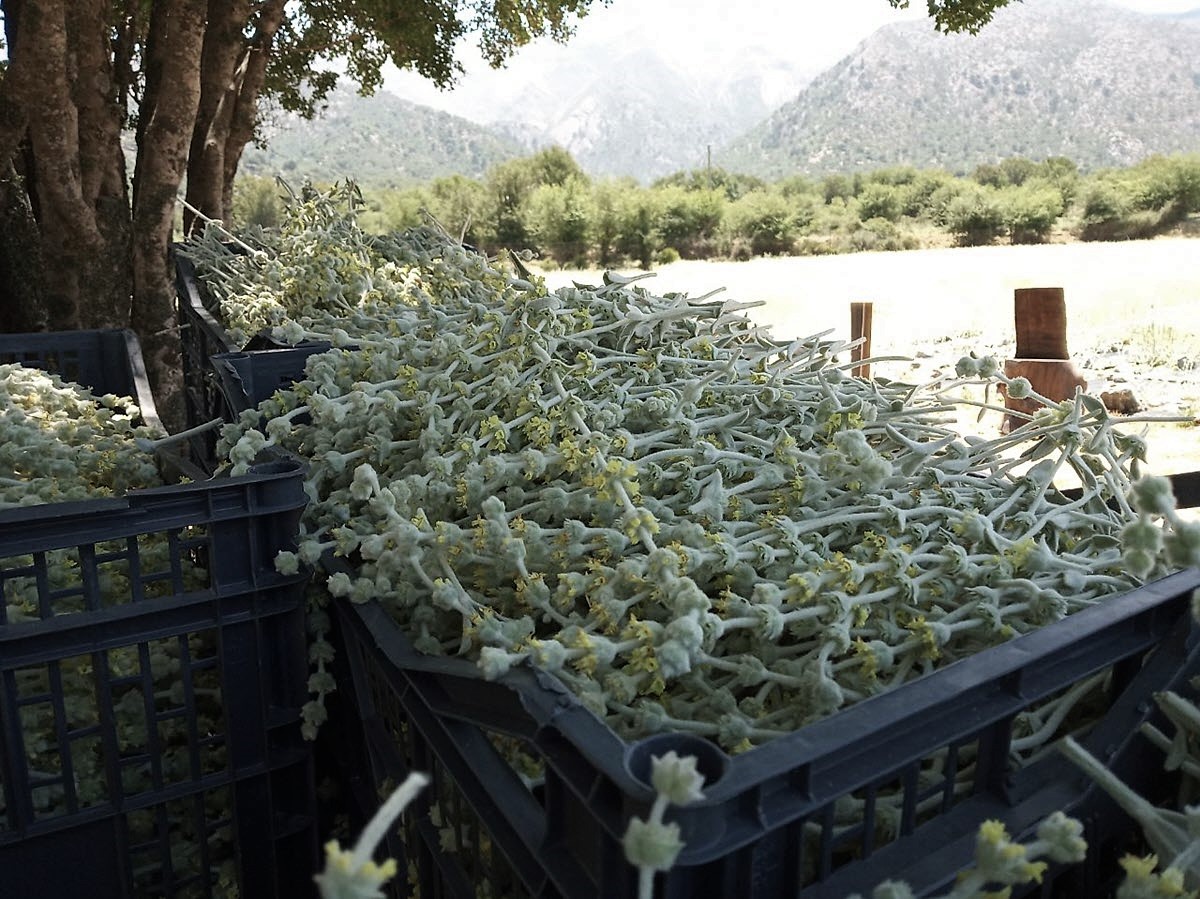
Celebrate with Rodo Vasilaki, at Tofillo Farms, gold medal winner in botanicals
Native Malotira Tea from Crete Wins Gold
By Jessica Natale Woollard
High in the White Mountains on the island of Crete grows malotira, an ancient herb with small yellow flowers used to make Cretan Mountain Tea.
Rodo Vasilaki and her husband and business partner Nikos Psyllakis grow the herb on 30-acres of family-run farms that are dotted across the island. Their Malotira Tea, known locally as tsai tou vounou and by the Latin name Sideritis syriaca, won gourmet gold at the 4th AVPA Teas of The World contest. Another one of their teas, Pink Healer, featuring Cretan sage and pink rockrose, earned a “gourmet” distinction.
Rodo spoke with the Tea Biz Podcast from the island of Crete to tell us more about the malotira herb and its healing properties, which have brought people wellness for thousands of years.
Jessica Natale Woollard: Rodo, congratulations on winning two awards at this year’s Teas of the World contest. How did you react when you learned your hand-harvested, 100 percent Greek tea, Malotira, the Cretan Mountain Tea, won gourmet gold?
Rodo Vasilaki: I was very happy, most of all because I would have the chance to speak about this incredible herb to even more people to get to know it.
We’ve known about its properties and health benefits for centuries here in Crete, and every word is a chance for me to talk about these herbs.
Jessica: What are some of the properties that are beneficial in the malotira?
Rodo: For us, we grow up with this herb. Whenever we feel a little sick—a headache, our stomach—it’s the first herbal tea that our grandmother would make for us. It’s something that we use here for everything, I would say. It’s good for the common cold, and a headache, for stomach and so on.
Jessica: What made you choose the malotira tea to enter into the competition?
Rodo: Malotira is an endemic plant here in Crete. You will find it here and nowhere else in the world. It’s a special one and grows at an altitude of over 1000 meters.
They have talked about malotira throughout history, even Hippocrates, 2,500 years ago. Our aim is to make this herb well known worldwide. For us, it’s one of the most special herbs that we cultivate here in Crete.
Jessica: Can you comment on the herbal industry in general?
Rodo: I see that it’s a very dynamic branch now. More people talk about not only tea but specifically herbal teas and loose herbal teas.
They know that this kind of herb offers 100% of the properties that plants have. I feel that more people are trying to find loose herbal teas instead of bags for ecological reasons and also because it’s the best way to get 100% of these plants. Of course, here in Greece, we have plants with thousands of years of history, using them as medicines.
Miaoli is a city of 89,000 nestled in the mountains of western Taiwan. The region is home to the Hakka, an indigenous tribe employed in cultivation of tea since the early 1900s. Gardens in the area are famous for producing Oriental Beauty, an oolong that depends on the bite of the tea leafhopper to develop its honey fragrance and honeysuckle taste. Rick Chang is director at Xue Jian, a tea plantation situated at 4,500 feet altitude that produces oolong and black tea. The company first competed in the AVPA contest 2018, winning a gold medal that year and at least one every year since.
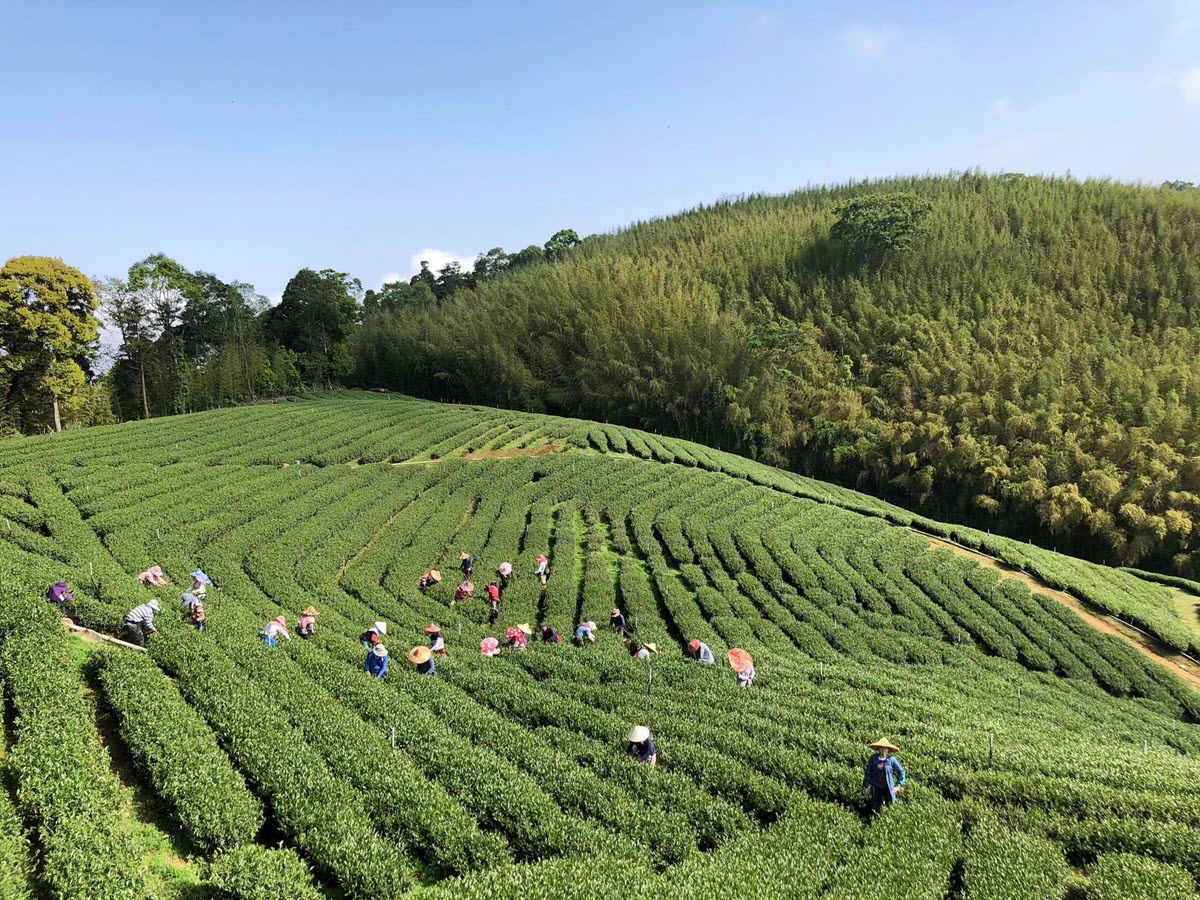
Celebrate with Rick Chang at Xue Jian Oolong Tea, a gold medal winner in tea
Taiwan High Mountain Oolongs Earn Multiple Gold Medals
By Dan Bolton
The Xue Jian (Xu?jiàn) tea farm was planted in 2011 and produces mainly oolong and black teas from the Qing Xin cultivar (known as green tip oolong). Rick Chang is the 2.5 hectare farm’s director. He manages cultivation, tea processing, and sales.
Congratulations on earning the most medals in the 4th Teas of the World contest. What led you to submit these teas for evaluation? Why do you feel this recognition will be helpful?
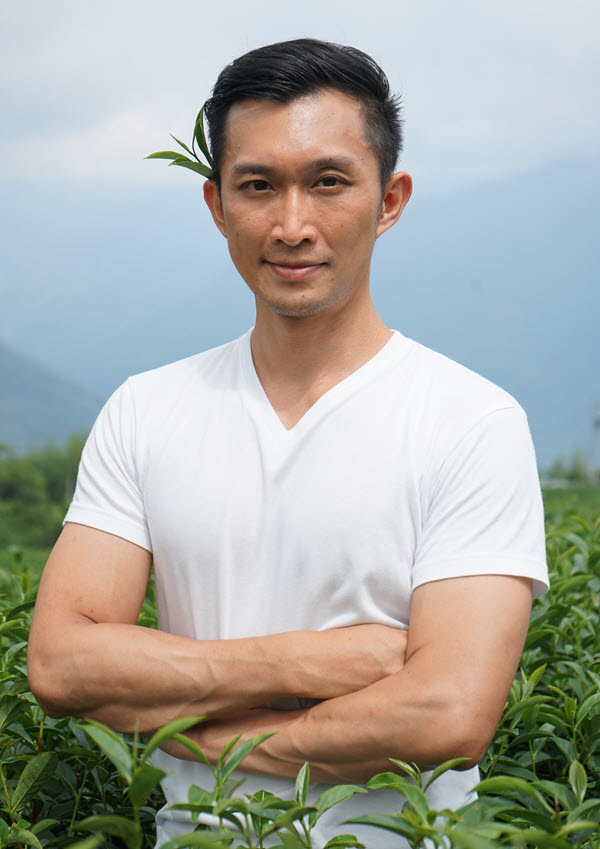
Rick Chang: We have been participating in the AVPA Teas of the World contest since 2018. We won one gold medal, one silver, one bronze, and one gourmet. In 2019, we won two gold medals in the oolong tea and black tea category, like this year.
We are the only high mountain oolong tea plantation in the region of Miaoli Taiwan and not well-known. Winning the AVPA contest brought media attention and more people now know Xue Jian Oolong Tea which has increased our sales, and also establishes standards for consumers comparing our teas to others.
Dan: Tell us about the winning entries with details on how they are grown, processed. What makes these teas special?
Rick: We won five awards for our spring teas, each produced on different dates. The black teas were produced during different seasons. All were grown at 1,400 meters on the Xue Jian plantation. The garden has a good natural environment with multiple plant species. Conditions there are good for tea to grow. There is a large temperature difference between day and night and management is eco-friendly. We use no herbicides, no chemical fertilizers, only soybean meal.
The gold award oolong tea was produced on the last day of the spring harvest with leaf maturity full grown. So, we had to spend more time on withering, setting, and tossing which led to a stronger fermentation, and it turns out a very good texture and very good floral aroma.
The gold award black tea we call Le Thé de Madame Hakka is harvested at the beginning of September. We are very glad we made it on time for the contest. The tea is grown in a no-chemical environment that increases the number of tea leafhoppers that bite the tea leaves and bring out the honey fragrance.
[Editor’s Note: Tea plants have developed a marvelously complex means of defending themselves from the bite of the 3mm hoppers whose scientific name is Empoasca onukii (also known as Jacobiasca formosana in Taiwan). The bite of the hoppers is tiny and virtually invisible after processing but their presence triggers the release of volatile chemicals unique to this pest. The honeysuckle fragrance released by hectares of plants is frightful to bugs as it attracts their mortal enemies and is delightful to tea drinkers. Intensity varies by year as populations wax and wane. If the arriving swarms are small and fail to do much damage, the plant’s defensive cloud is weak. On the other hand, huge swarms overwhelm the defense and make the tea bitter. The key is to pluck the leaves within the two days it takes for the plants to respond. This requires pluckers of exceptional skill and experience. Hoppers only attack the young leaves, maintenance leaves have a surface too hard to penetrate. – Tea Epicure]Rick: The winning tea is named in honor of the Hakka, one of the ethnic groups in Taiwan. We are very appreciative to eight Hakka grandmas for the exquisite plucking that makes a tea of prime quality. We also like to share the different aspects of the ethnic group cultures with others.
Dan: Taiwan is currently experiencing a difficult time of drought and high temperatures, will you comment on innovations and techniques that you employed to make these high-quality teas.
Rick: Yes, before the spring harvest we had no rain and no typhoons since the summer of 2020. We have a reservoir, and we get water from the stream, which cost a lot on the electricity bill. However, we were able to water every couple of days after the tea tips grow out, and made a good quantity and quality of production.
We believe most importantly to protect and maintain every creature and plant that lives and grows on our plantations, creating a healthy environment for all.
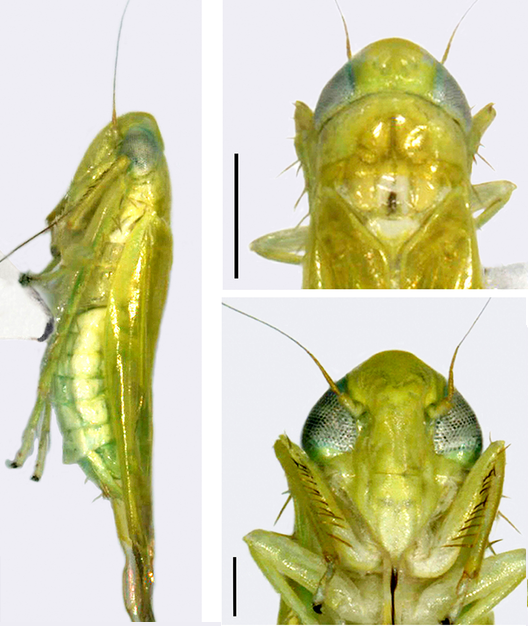
Tea Leafhopper 3mm 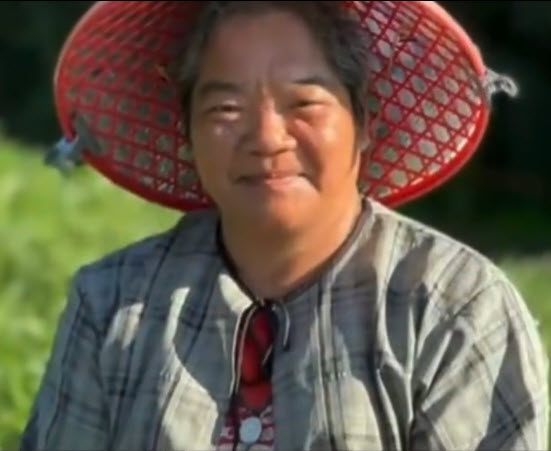
Hakka Gramdma 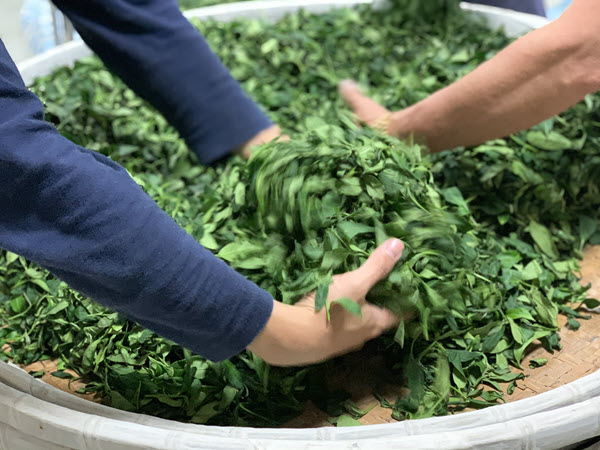
Tossing Oolong 

Xujiàn Tea Farm
Download the entire list of AVPA winners.
- Winners in the Monovarietal Contest (PDF)
- Winners in the Herbal Teas, Blended and Scented Contest (PDF)
Share this episode with your friends in tea.
Listen to Tea Biz on Apple Podcasts

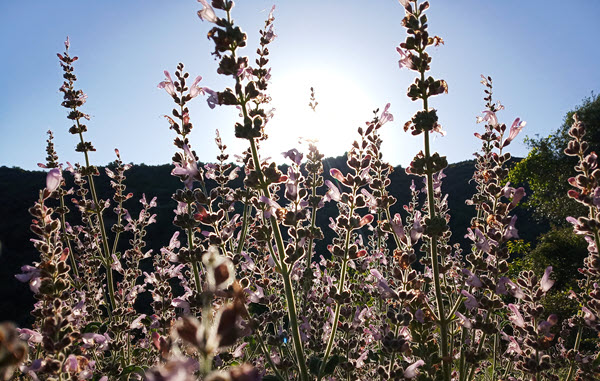
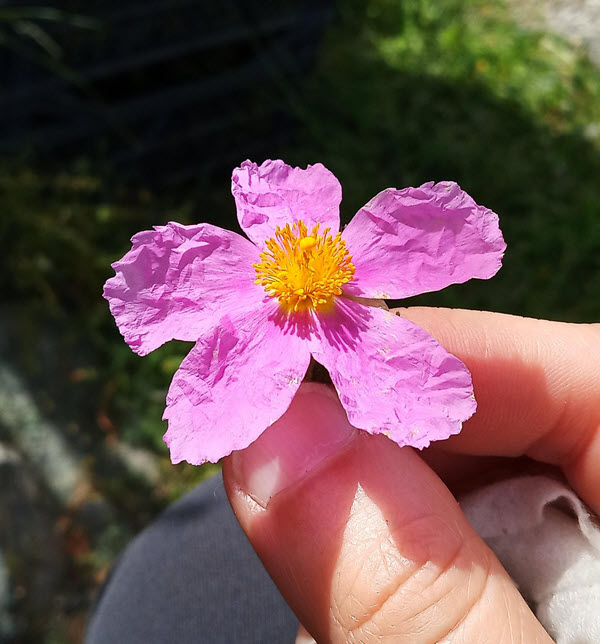
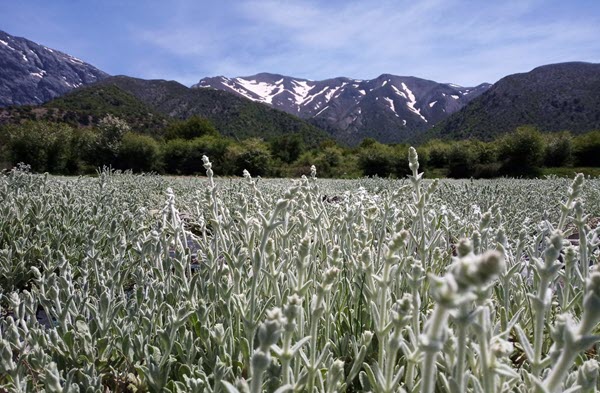
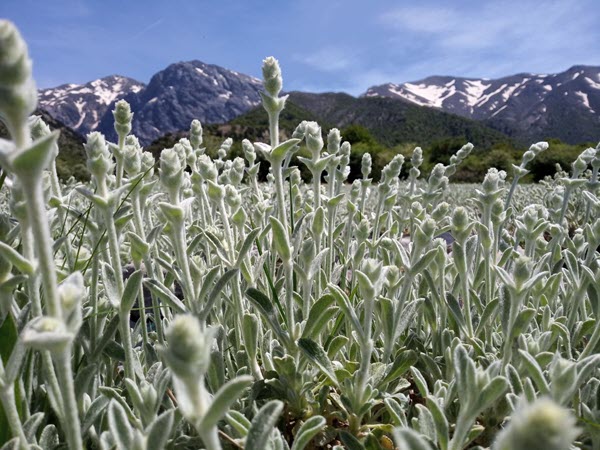

2 responses to “AVPA Gold Winners”
“The key is to pluck the leaves within the two days it takes for the plants to respond.” I would like to know how quickly do the tea plants respond to the leaf hopper bites? Does there have to be a certain density of leaf hoppers for the plants to respond? thanks
Hi Paula,
Essentially the teahoppers must swarm for the plants send up a scented defense. A few dozen here or there won’t do it. Click the link in my editor’s note within the post (Tea Epicure) to read a Phd’s report on how it all works. Dan